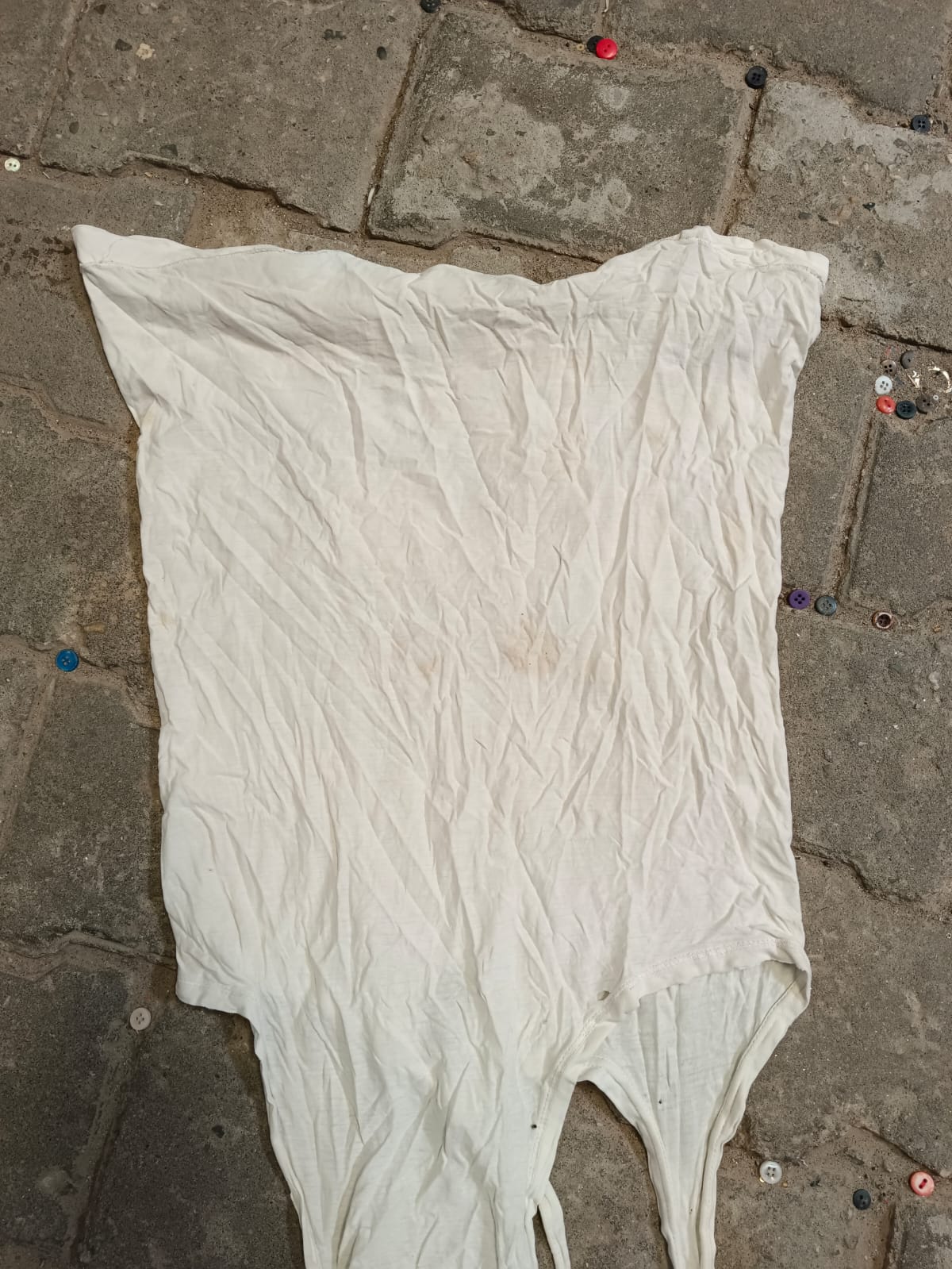In the bustling city of Ahmedabad, where the textile industry thrives, small businesses often face the pressing issue of waste management. Meet Rakesh, a local entrepreneur who runs a modest manufacturing unit producing premium cotton shirts. Like many other manufacturers, Rakesh was constantly burdened by the accumulation of cotton waste — specifically, white baniyan cotton waste. It was a problem that seemed insurmountable, until he discovered a solution that not only addressed his waste management issues but also brought unexpected benefits.
Rakesh’s story is not unique. Across India, thousands of businesses in the textile and garment industry grapple with the practical problem of waste disposal. White baniyan cotton waste, a byproduct of manufacturing processes, is often deemed useless and discarded, contributing to environmental pollution and increasing disposal costs for businesses. However, this waste holds untapped potential that can be harnessed to solve both environmental and financial challenges.
The major problem faced by our client persona is the high cost and environmental impact of disposing of white baniyan cotton waste. This problem is especially acute for small and medium-sized enterprises (SMEs) that operate on tight budgets. For Rakesh, every rupee spent on waste disposal was a rupee that could have been reinvested into his business for growth. Moreover, the environmental impact of improperly discarded waste weighed heavily on his conscience.
Enter white baniyan cotton waste as a sustainable and cost-effective solution. This seemingly insignificant material can be repurposed into useful products such as cleaning rags, stuffing for cushions, and even raw material for recycled textiles. By adopting a circular economy approach, businesses like Rakesh's can transform waste into a resource, reducing their ecological footprint and cutting down on operational costs.
Take the example of Priya Textiles, a mid-sized company in Mumbai that faced similar challenges. By partnering with local recycling firms, Priya Textiles began converting their white baniyan cotton waste into cleaning cloths for industrial use. This initiative not only reduced their waste disposal costs by 30% but also opened a new revenue stream by selling these cleaning cloths to other industries. The company’s success story has inspired numerous other businesses in the region to rethink their approach to waste management.
The emotional impact of this transformation is equally significant. For entrepreneurs like Rakesh and companies like Priya Textiles, finding a viable solution to waste management fosters a sense of pride and responsibility. It aligns with the growing global movement towards sustainable business practices and demonstrates a commitment to environmental stewardship.
Moreover, the benefits extend beyond the balance sheet. By reducing waste and promoting recycling, businesses can enhance their brand image, attracting environmentally conscious consumers and partners. In a competitive market, such differentiation can be a powerful tool for growth and sustainability.
As Rakesh realized the potential of white baniyan cotton waste, he began collaborating with local artisans who used the material to create eco-friendly products. This not only provided additional income for the artisans but also boosted Rakesh’s reputation as a sustainable and socially responsible entrepreneur. His story highlights the transformative power of viewing waste not as a burden, but as an opportunity.
In conclusion, the challenge of managing white baniyan cotton waste can be daunting for many Indian businesses, especially SMEs. However, by embracing innovative solutions and fostering collaborations, entrepreneurs can turn this challenge into an advantage. White baniyan cotton waste offers a practical and emotional solution, addressing both environmental concerns and financial constraints.
By shifting perspectives and adopting sustainable practices, businesses can not only solve immediate problems but also contribute to a larger movement towards a more sustainable and equitable future. As more stories like Rakesh’s and Priya Textiles’ emerge, it becomes clear that the cotton waste revolution is not just about transforming waste into worth, but about transforming the way we think about business and the environment.
Visit Vyaparify Site:
https://id.vyaparify.com/sharda-enterpriseLocation:
https://www.google.com/maps/place/Sharda+Enterprise/@22.9588106,72.6488951,17z/data=!3m1!4b1!4m6!3m5!1s0x395e89d48f9579cb:0xb919d953e31add88!8m2!3d22.9588057!4d72.65147!16s%2Fg%2F11s8wxxwmg?entry=ttu 
